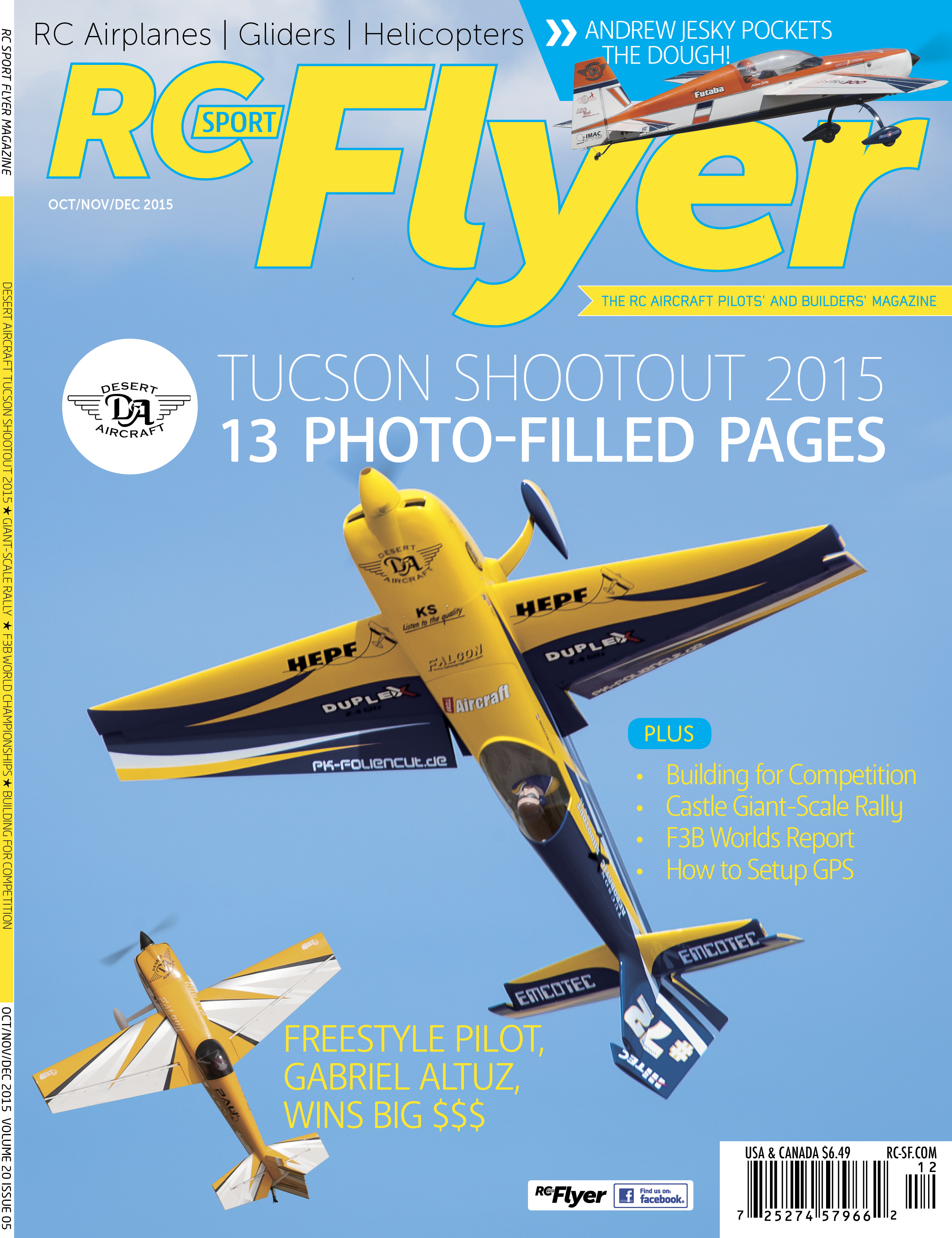It’s a crowded 2.4-GHz world out there, and every 2.4-GHz system faces the same interference challenges. The new DSMX standard better equips you for these challenges by combining the superior data capacity and interference resistance of a wide-band signal (like that used in DSM2) with the agility of frequency shifts.
Compared to the wideband signal of DSMX, the narrow-band signal of other frequency-hopping 2.4-GHz transmitters is more likely to suffer data loss in the event of on-channel interference. Think of it as a river vs. A stream; it takes more interference to dam a river than it does a stream.
As more and more 2.4-GHz transmitters vie for the same number of available channels, there is more interference and more of a risk for data loss. By adding the agility of frequency shifts to the superior interference resistance of a wideband signal, DSMX is far less likely to suffer significant data loss from on-channel interference. The result is quicker connection times and superior response in even the most crowded 2.4GHz environment.
DSMX Operational Differences
DSMX transmitters and receivers function nearly identically to Spektrum DSM2 systems. Binding, setting the failsafe, recording flight log data, as well as general use of the system is no different than using any current Spektrum system.
» Brownout Detection - Not Available on DSMX Receivers.
DSM2 receivers feature Brownout Detection that flashes the receiver’s LED if a power interruption occurs. While DSMX receivers have QuickConnect and recover instantly from a power interruption, the architecture of DSMX prevents Brownout Detection when operating in DSMX mode.
» Flight Log Recording - Fades Higher than DSM2
Note: DSMX moves through the band while DSM2 finds two quiet channels and remains on those channels. Consequently because DSMX operates on quiet and noisy channels, it’s common to have more Antenna Fades than when using DSM2, when used in busy 2.4-GHz environments. When taking flight log data readings, the Frames and Hold Data are important and should be used as a reference while Fades are insignificant due to the nature of frequency agile systems. A 10-minute flight will typically result in less than 50 Frame Losses and no Holds.
Just How Good is DSMX?
In multiple tests, 100 DSMX systems were operated simultaneously for extended periods of time. During these tests each of the 100 systems was monitored in flight and on the ground. In every test not a single case of RF link loss, latency increase or control degradation was experienced or recorded.
Is DSMX Compatible with DSM2?
Yes! DSMX is fully compatible with all DSM2 hardware. In fact, many pilots may find the DSM2 equipment they have now is all they will ever need. Even if a new DSMX transmitter eventually comes along that they really want, all the DSM2 receivers they have now will work with it.
It is important to note, however, that while DSMX is compatible with DSM2, the only way to experience the full benefits of DSMX in a busy 2.4 environment is by pairing a DSMX transmitter with a DSMX receiver.
Are DSM2 Transmitters Eligible for a DSMX Add-on?
Yes. DX8 owners can simply download Spektrum AirWare v2.0 software from spektrumrc.com and update the firmware using their SD card. All DSM2 transmitters, except the DX5e, are eligible for the add-on for $75 by sending them to the Horizon Hobby service center. DSM2 receivers and transmitter modules are not eligible for the DSMX add-on.
Does DSMX have ModelMatch and ServoSync?
Yes. DSMX will provide you with these and other exclusive Spektrum advantages you already enjoy with DSM2. Want to know more about DSMX? Visit spektrumrc.com for complete details on this as well as the many other reasons Spektrum is the leader in 2.4 systems.
NOTICE: While DSMX allows you to use more than 40 transmitters simultaneously, when using DSM2 receivers, DSMX receivers in DSM2 mode or transmitters in DSM2 mode, do not use more than 40 transmitters simultaneously.


